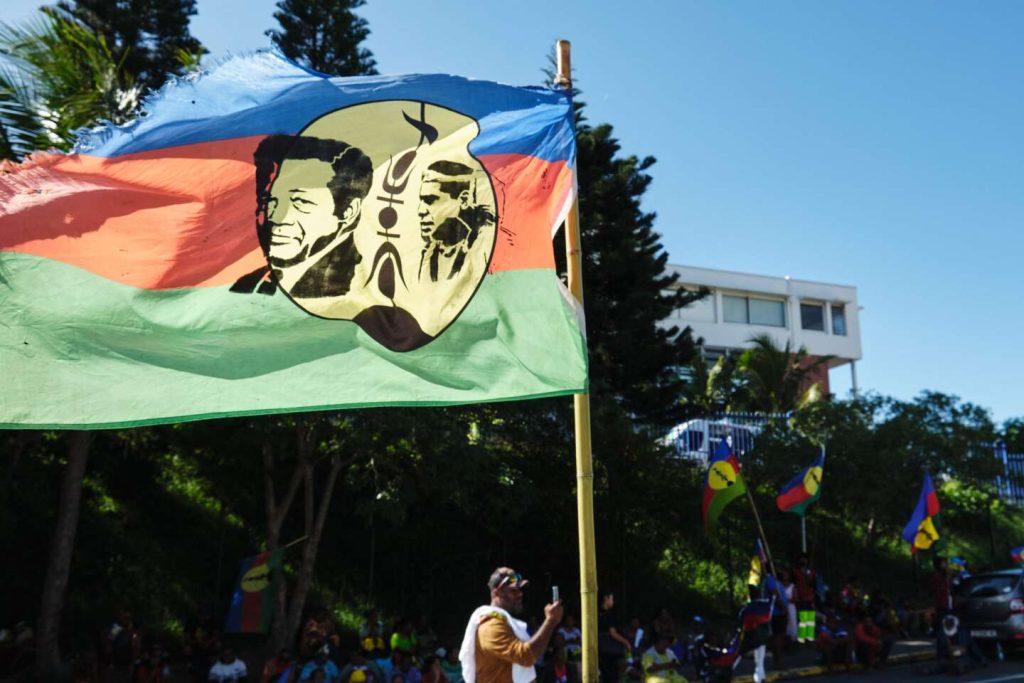In July 2023, the French government had mentioned the possibility of cutting off social media networks in mainland France after riots broke out following the death of Nahel M. Today, this possibility has become a reality: the TikTok platform has been blocked in New Caledonia, a French overseas territory that has been the scene of violent riots following the vote by the National Assembly on May 15 to revise the constitution to expand the electoral body in the archipelago, including all residents who have been living on the territory for ten years. This project is highly contested by the Kanak independence movement, who fear that this law will dilute the representation of the indigenous populations.
The announcement of the platform restriction came on May 15 from Prime Minister Gabriel Attal, who informed that Louis Le Franc, the high commissioner for New Caledonia, had “banned TikTok” on the island. At the time of the announcement, the reasons were not specified, but the measure is said to aim at “limiting contacts between rioters.” While internet cuts are quite common in countries considered undemocratic, this is an unprecedented measure in France. But is it a legitimate measure? Is it a legal measure? Why is TikTok being targeted?
This measure is justified by the French government based on the law concerning the state of emergency of 1955, updated in 2015. This law allows the interior minister, during a declared state of emergency, to “take any measure to ensure the interruption of any online public communication service provoking or inciting acts of terrorism.” In this case, the state of emergency allows the government to take exceptional measures and limit the exercise of certain fundamental rights and freedoms to manage a particularly serious situation. It is therefore an exceptional legal regime that also allows for measures to be put in place more quickly than usual.
Some commentators suggest that while in mainland France, the issue would fall under European law, making the implementation of such a measure more restrictive, the specificity of New Caledonia’s legal framework would make the task simpler: with only one operator in the country, blocking access to servers would not be subject to EU scrutiny or the difficulties of coordinating with multiple companies. However, it appears that the framework of international human rights law is often overlooked.
Overall, the blocking of TikTok in New Caledonia raises questions about the balance between security measures and freedom of communication, as well as the application of legal frameworks in different territories. The use of the state of emergency law to justify this measure also highlights the importance of legal mechanisms in times of crisis and the potential implications for individual rights and freedoms. The situation in New Caledonia continues to be tense, with the government attempting to maintain order while addressing the concerns of various groups within the territory.


